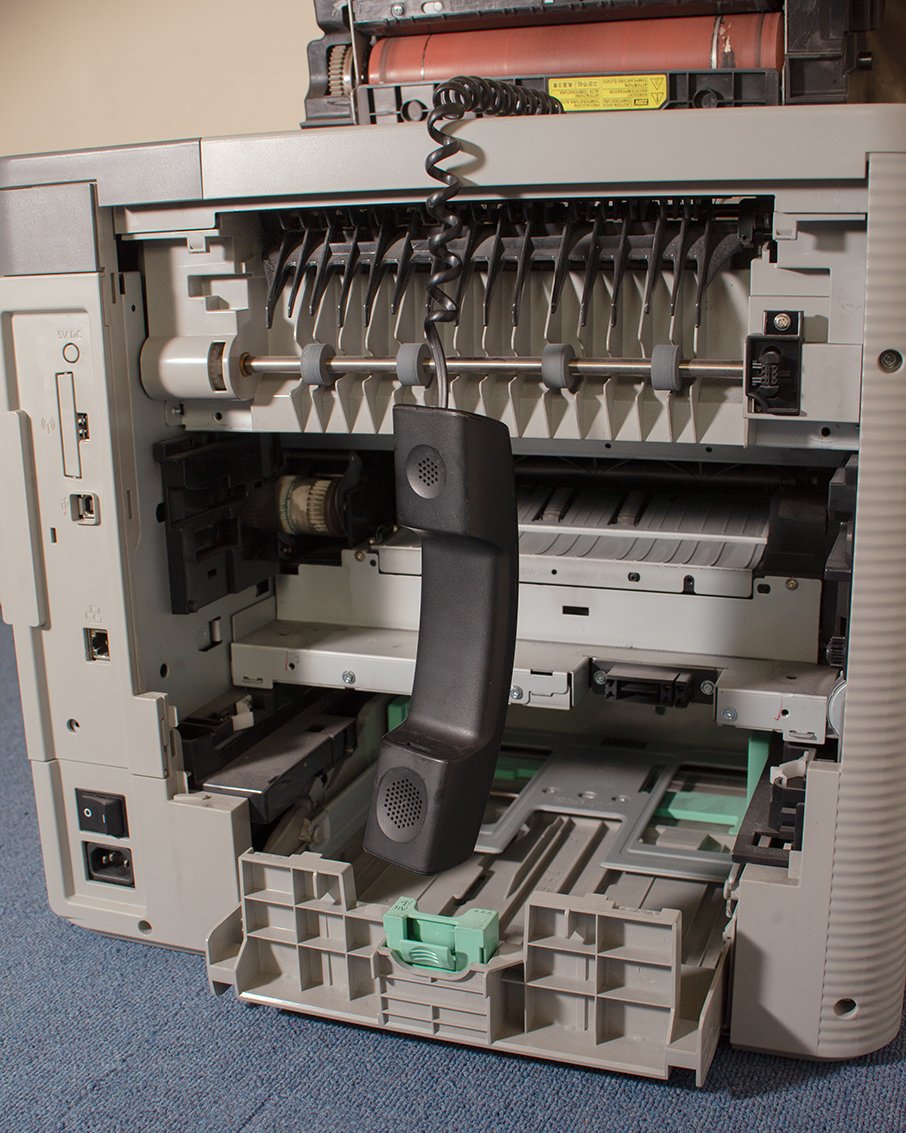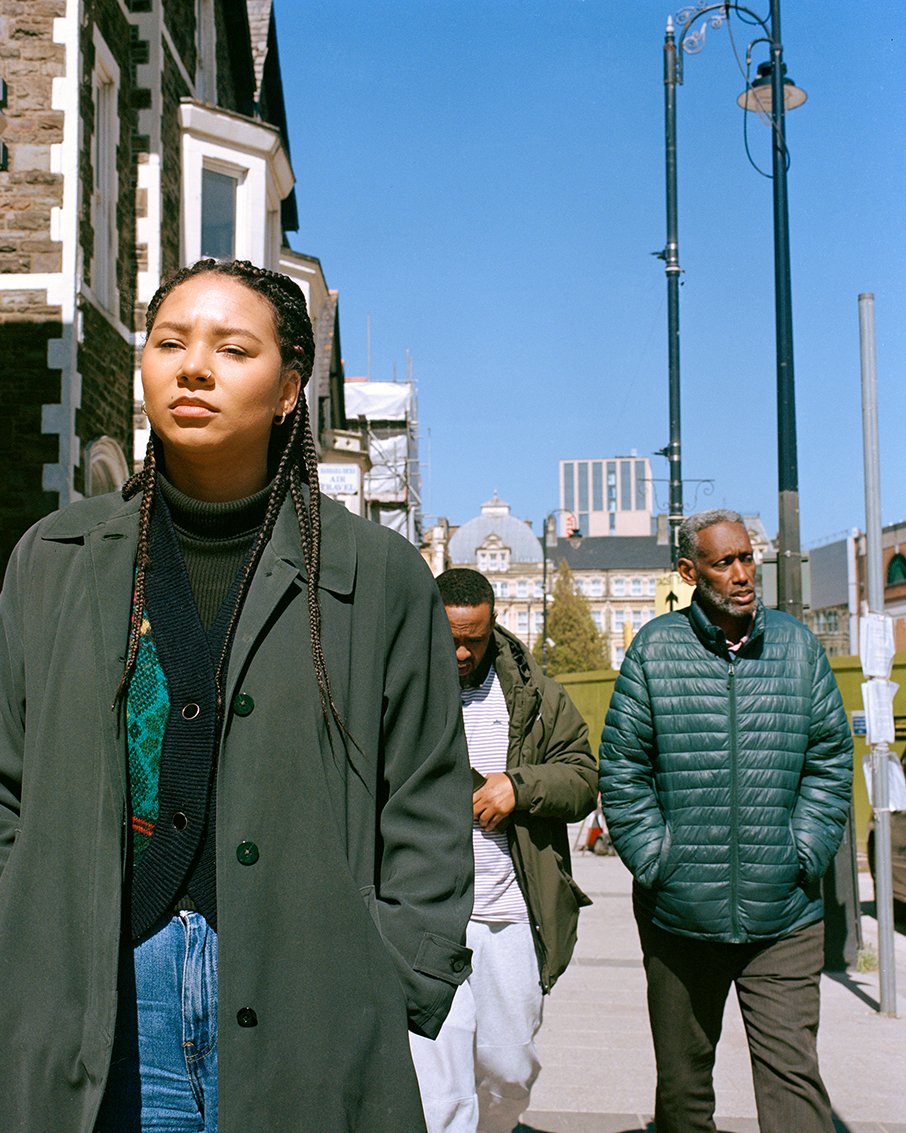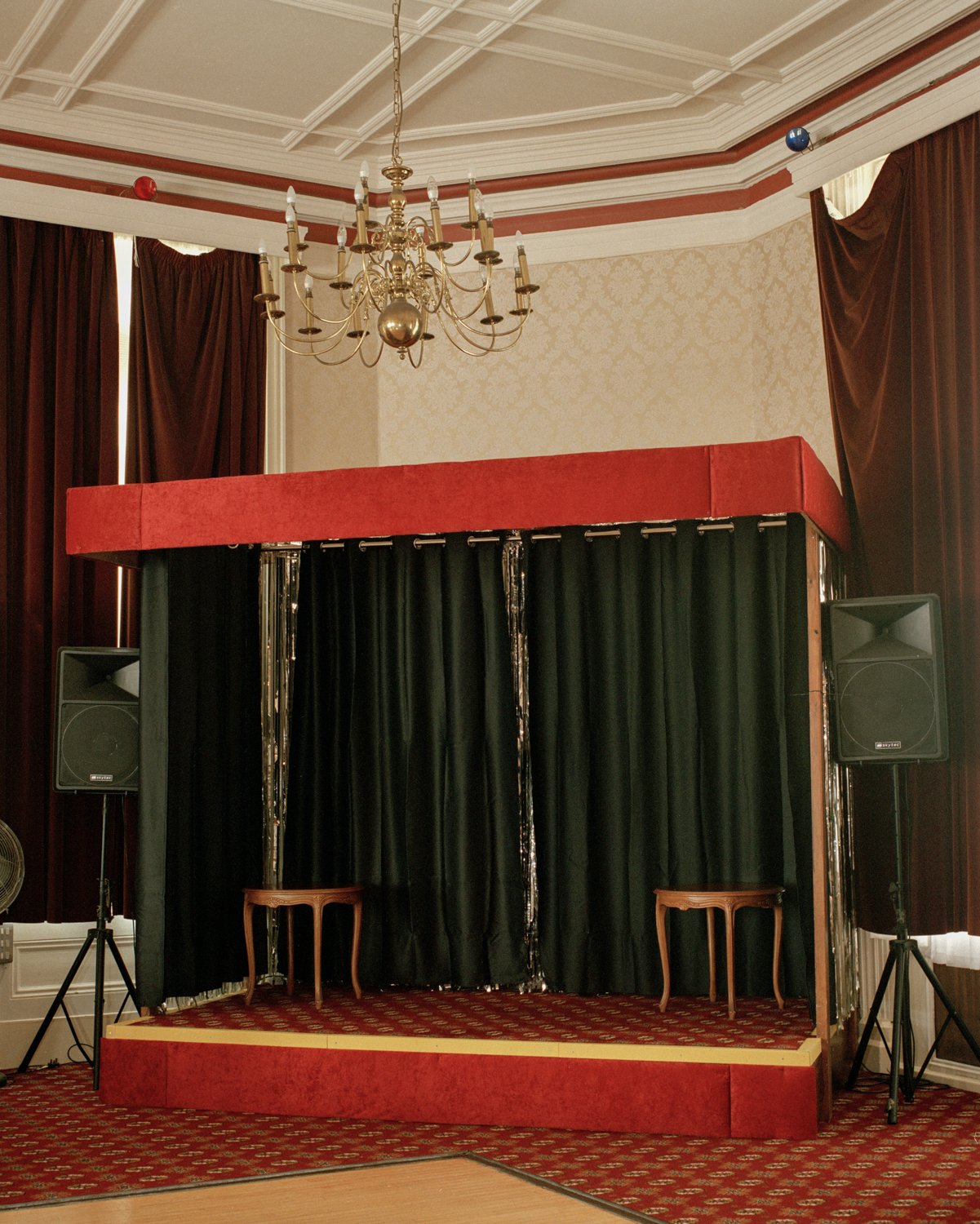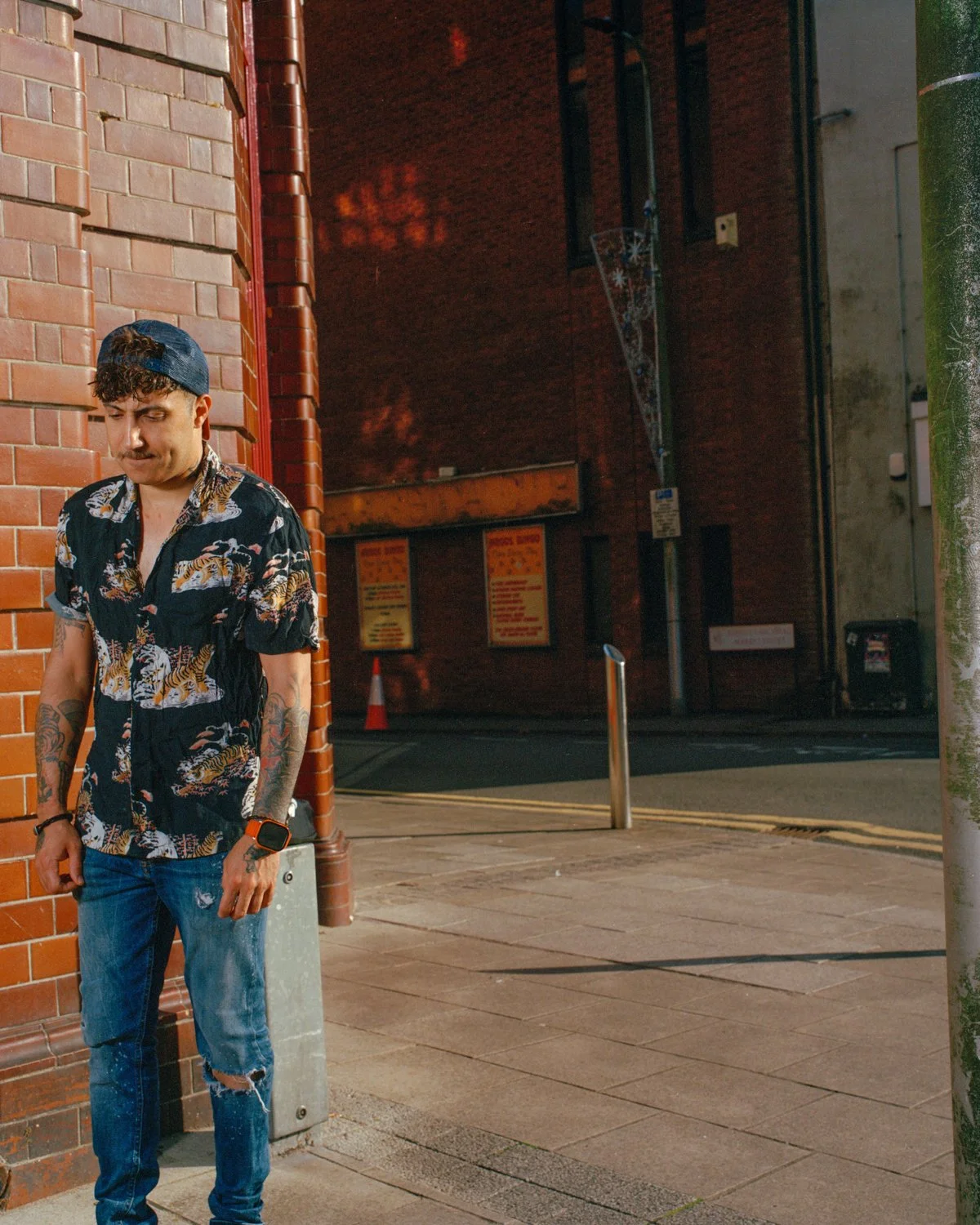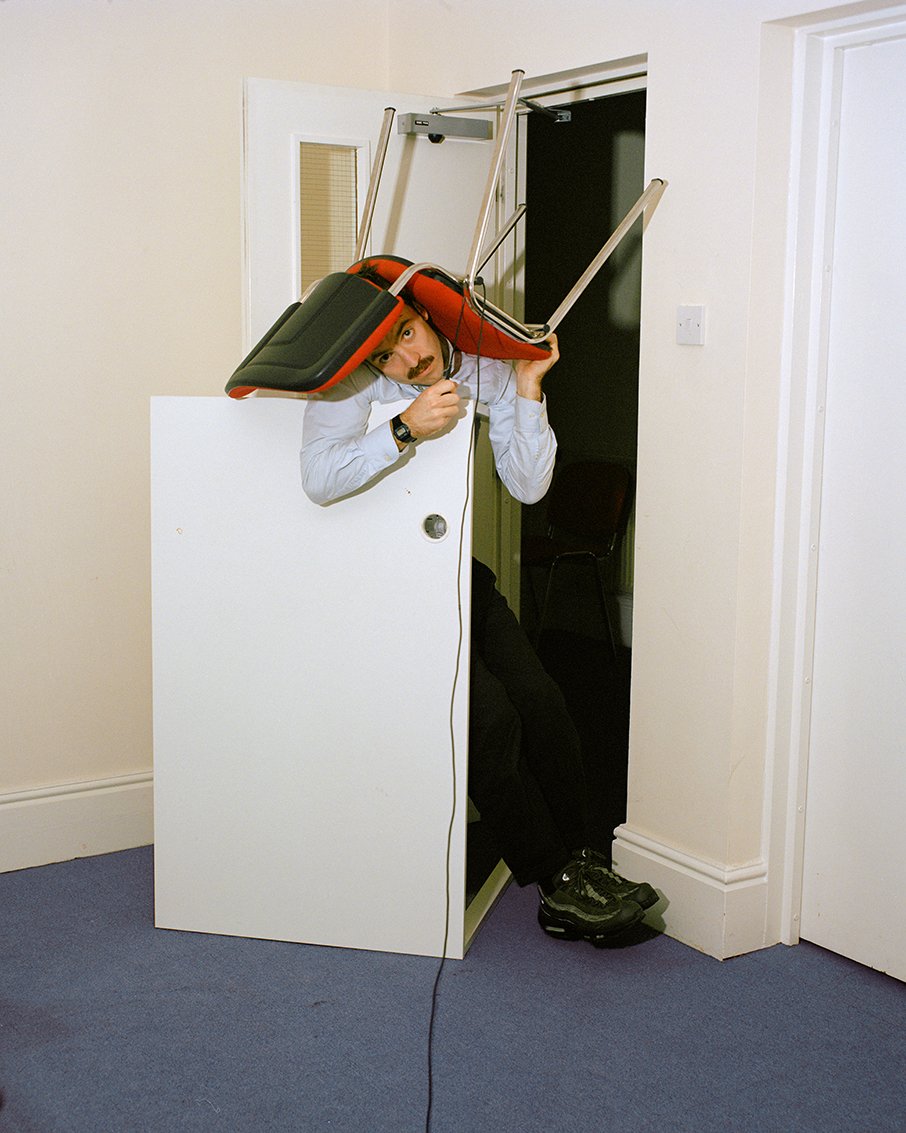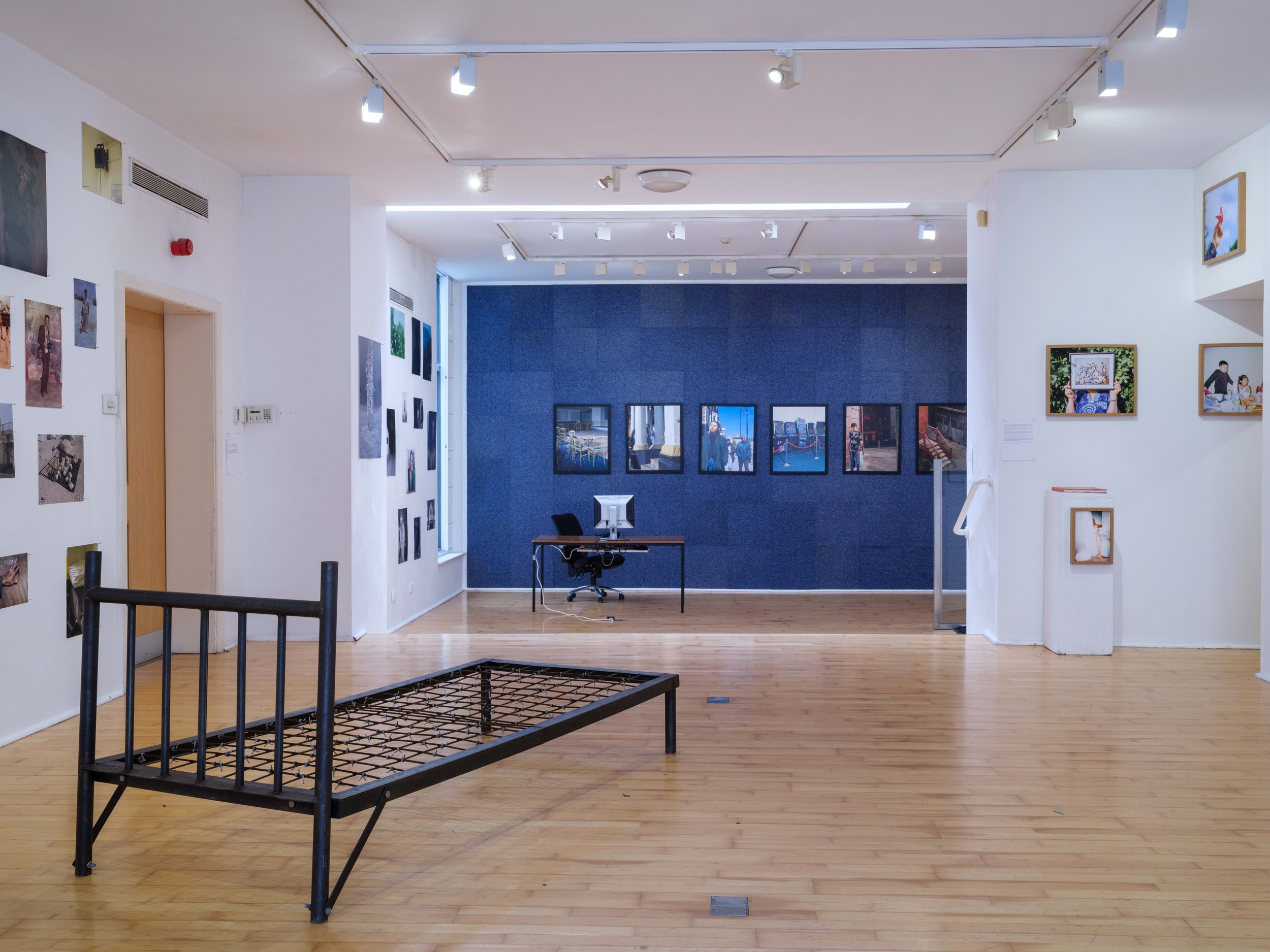a reasonable degree of likelihood
Immigration law is commonly regarded as one of the most complex areas of law in the UK. The bureaucratic system that administers these laws remains hidden and inaccessible to most. It is Kafkaesque in its unending demands. Photography within legal environments is used to hold evidence firmly in reality. In a post truth environment photography has become part of a system that relies on evidence that can neither be confirmed or denied. The law and the photograph act as frameworks for negotiating evidence, belief and knowledge. Both play a role in upholding ideologies that dehumanise and antagonise.
The objective of the lawyers who act for those claiming asylum, is to represent a series of truthful events to the Home Office based on client’s accounts. When a lawyer mediates between this and the state’s demands a third reality is created. Each (client, state, lawyer) has a role to play in the absurd drama. The intentionally dysfunctional, bureaucracy demands they act out their parts in a performance.
In A Reasonable Degree of Likelihood, a lawyer and actors perform for the system, against the system and as the system whilst documents of the legal process are deconstructed to show the chaos of the bureaucracy. Hotels where asylum seekers could/have been accommodated provides the strage/ Reality and fiction becoming fused in a performance that is tested. By challenging truth in the photograph, the fiction of border regimes is visualised.
Hatch Advice Bureau (2024) - 9min video
Installation - Bayart
performance - Bayart
How can the mundane be turned into the absurd? This is an underlying concept in the 15 minute performance of my role as a lawyer, enacting the first appointment I would have with a client.
I introduce the client to the interpreter who joins via video call, they are, of course on mute and later we find out in the supermarket.
The client is not in the room, the chair is empty allowing the audience to form their own idea of who may be seated. Yet, as required, they are asked to explain their financial situation and declare that it is true or face criminal persecution. No, we imagine them saying, I do not own a boat, why are you asking such questions?
Rules, regulations and the Rwanda scheme are described in detail. Questions are put that the Home Office use to determine whether a person is a national of the country they stated. Finally, though, they are advised that the lawyer cannot tell them the colour of the taxis in their country of origin.
video installation - Bayart
Looping video of mundane office tasks played on desktop computer. The soundtrack is taken from the automated voice call of the Immigration and Asylum Tribunal. Repetitive moving image of the day-to-day running of
the system acts as a line into the limbo that prompts anxiety and fear as intended to do so.

